
By Emmanuel ACQUAH-SAM (Ph.D.)
This article is written with deep solemnity and humility, reflecting on the possible “modern-day Solomon” tasked with constructing the national cathedral dedicated to the God of Heaven and Earth.
Since President Nana Addo Dankwa Akufo-Addo announced his intention to build the cathedral, the project has ignited intense, and at times, sacrilegious debate domestically and internationally. Many now attribute the New Patriotic Party’s (NPP) defeat in the recently concluded 2024 general election to the president’s failure to complete the national cathedral.
The controversy surrounding the initiative stems from several critical issues, including its origin and whether the president’s personal promise to God justifies its prioritisation as a national undertaking. Critics have questioned the cathedral’s relevance to Ghana’s spiritual and economic progress, particularly given the existence of many church cathedrals and the nation’s pressing economic challenges, including the aftermath of a near-debt crisis.
Concerns have also been raised about who bears financial responsibility for the project and whether it can realistically be completed, or if it risks becoming another abandoned initiative following the president’s exit from office in 2025. These uncertainties have fuelled scepticism about the project’s feasibility and its alignment with national priorities. This article seeks to dispel misconceptions surrounding the national cathedral and highlights the importance of its completion.
National Responsibility?
I premise my discussions on the promise of King David of Israel of old to build a temple to the God of Israel for making him king, giving him many victories, saving him from his enemies, and making Israel a great nation under his reign.
Therefore, the temple would provide a permanent abode for the ark of the covenant of the Lord, serve as a footstool for God, preserve true worship in Israel, and ensure the development of the spiritual state of his nation to form the bedrock of their national existence. Unfortunately, the Almighty God told the man after His heart (1 Samuel 13:14, Psalm 89) that he had soiled his hands with blood, so his son Solomon should build it for Him.
In that regard, he started building it in the second month of the fourth year and finished it in the eighth month of the eleventh year of his reign. After King David informed his elders about the promise and the word of God, it became a national assignment (1 Chronicle 28).
President Nana Akuffo-Addo Danquah’s national cathedral is akin to King David’s so the very day he announced the project, it assumed national status. He saw a vacuum in the spirituality of the nation, which he felt could be realised under his leadership, though in appreciation of God’s help to him.
Moreover, the enormity and ownership of the project require national attention. Additionally, he could have announced it as one of his numerous presidential initiatives with the necessary legal backing. In sum, it has passed from a personal promise to “a national call” – a must-do project of the nation.
Why Should It Be Completed?
As it stands now, the project poses potential benefits and costs to society, which must drive the expedition of the actions meant to address its challenges.
A national cathedral is a symbol of a nation’s faith in the Holy Lord God of all flesh, a place for national gatherings devoid of denominational or interfaith differences. Quite intriguingly, the president’s objective of building the cathedral, according to Manglos-Weber (2023), is that ‘The cathedral provides a historic opportunity to put God at the centre of our nation’s affairs and serves as a symbol of our eternal and continuing gratitude to Him for the blessings He continues to shower and bestow on our nation’.
The echoes of these words must be each one’s daily reflection on the fact that by strength shall no man prevail (1 Samuel 2:9; John 15:5), and there is no leader without God’s approval (Romans 13:1–8), a testament of unison and national spiritual identity that gives the can-do spirit to put the nation’s spiritual and physical development efforts on track as a semblance of the group that was determined to build the Tower of Babel (Genesis 11:6). Probably, the phrase “mankind’s such for God” will be embellishment.
Also, the cathedral will be a part of our national pride for present and future generations, bringing beauty to the nation due to its special architectural designs. According to Adjaye Associates (n.d.), the cathedral’s drawing is based on Christian symbolism and traditional Ghanaian heritage, such as the nation’s seat of power, the Stool, and the shade of celestial authority.
It will house a series of impressive chapels, a baptistery, a 5000-seat two-level auditorium, a grand central hall, a music school, choir rehearsals, an art gallery, a shop, and multi-use spaces. It will also be home to Africa’s first Bible Museum and Documentation Center, dedicated to Christianity and nation-building in Ghana.
Moreover, the cathedral, when completed, will generate revenue and foreign exchange from Ghanaians, tourists, and international bodies that may want to use it for spiritual and non-spiritual activities. The cathedral will create jobs for different groups of workers, including architects, contractors, pastors, singers, food vendors, etc., who will also spend their earned income on goods and services to improve their living standards and increase economic growth. Above all, it will generate positive net social benefits.
The cathedral can be used for national celebrations like Independence Day, Thanksgiving, presidential swearing-ins, etc., and save the citizens’ souls in times of national crises when they gather there to praise and seek the face and the help of the creator of the heavens and the earth. In 2 Chronicles 20, we read how King Jehoshaphat sought refuge in the temple court when the armies of the Moabites, Ammonites, and Meunites waged war on him. The rest is history.
The cathedral will be a means to remember Nana Addo, the leader who saw that heaven is the final arbiter in all situations and petitioned the maker of heaven and earth to bring his destiny to pass. Posterity can dwell on it to put their trust in God, with its numerous benefits.
An uncompleted national cathedral will have negative externalities like producing dust, attracting rodents and mosquitoes, causing flooding, housing squatters, and endangering lives. Additionally, the nation will lose its many positive spiritual, social, and economic benefits. It will also raise questions about the competence of the president, his administration, and the board of trustees.
Sources of Its Funding
It would be a fiction of imagination for anyone to think that the president alone can complete this huge and expensive national monument with his resources; otherwise, we will probably be expecting him to be corrupt, which should not come to mind at all. The project needs multifaceted funding sources – local and foreign.
Solomon executed his father’s promise to God with the wealth of his father and his, as well as foreign aid, leading Israel into huge debt with its ramifications. He obtained aid from Hiran of Tyre, who loaned him logs, craftsmen, gold, silver, and other resources for which he supplied Hiram with wheat, oil, and wine, and used twenty (20) cities in northwest Galilee near Tyre as collateral after the completion of the temple and his palace.
However, over time, Solomon’s gold reserves and other riches increased, so he settled his debt to Hiram, reclaimed the cities, and rebuilt them for the Israelites to occupy them (2 Chronicles 2:3–10; 1 King 5:1–6; 1 Kings 9:10–13; 2 Chronicles 8:1–2; NIV Study Bible, 1995). Nothing good in this life comes cheap, and success results from commitment and sacrifice. God will always sanctify his name.
Despite the economic hardships in Ghana, national annual budget estimates must make room for the project’s completion. Whether it is built or not, the poor and economic problems of the country will never be zero (Matthew 26:11).
The president should find the appropriate legal backing to use state resources and borrow funds to finance it, just as he has done for other government projects. Ex-president John Agyekum-Kuffour built the Jubilee House for government business with a soft-interest loan from the Indian government (I stand to be corrected, though.). Many Ghanaians now feel proud of it whenever they visit or drive past it.
The president and the Board of Trustees must, as a matter of urgency and necessity, deliberately appeal to all stakeholders, especially Christian churches, wealthy Ghanaians, foreign governments, nongovernmental organisations, philanthropists, and others, to assist the government in raising funds, materials, and technical support to complete it.
In collaboration with the Christian council, all churches must organise special offering services every quarter of the year, pay a percentage of their total tithe collections, and make personal pledges towards the project. There must be more education on any platform for personal contributions towards its completion. It may probably not be a misnomer for other religious bodies to contribute towards it.
The “Solomon” of Our Day After 2024
Since King David entrusted Solomon with the task of building the temple of God, and it came to fruition, President Nana Akufo-Addo must conscientiously communicate to Ghanaians the importance of ensuring the project’s continuity. He should also engage the President-elect, Mr. John Dramani Mahama, to take up the mantle of its completion.
The Christian Council of Ghana or the Board of Trustees should play a pivotal role by coordinating activities through prayers and direct engagements with the nation’s leadership. This effort should aim to secure the necessary technical, financial, and material support to complete the project.
Conclusion and Recommendations
President Nana Akufo-Addo mentioned that he would construct a national cathedral to honour the name of God Almighty after losing two consecutive elections. Biblical passages such as Matthew 5:33 and Hebrews 7:20–21 caution that disobedience to vows can have dire consequences for individuals and nations alike.
Despite the prolonged construction process, the president has acknowledged that there is never an ideal time to build a national cathedral. Historical accounts reveal that monumental structures like the National Cathedral in Washington, DC, took 83 years to complete, St. Peter’s Basilica took 150 years, and Notre Dame Cathedral took 182 years (Distinguished, n.d.). Nonetheless, it is imperative to critically assess the timeline for Ghana’s cathedral to avoid the risk of leaving it permanently unfinished amidst ongoing controversies.
What began as a personal promise has since evolved into a “national call” – a project imbued with significance for the entire nation. Furthermore, this article proposes practical solutions to ensure the cathedral’s successful completion while stressing the importance of avoiding wasteful expenditure on economic resources.
The national cathedral must not only stand as a symbol of faith but also as a testament to thoughtful planning, efficient execution, and a meaningful contribution to Ghana’s cultural and spiritual heritage.
Governments are inherently transient, and no administration can complete all the projects it initiates. With the president’s tenure nearing its end, it is crucial for the current government and the incoming administration to collaborate and address the unresolved issues surrounding the cathedral’s construction.
One possible step could be replacing the current board of trustees with a new one. Given the high cost and the eventual public ownership of the project, its construction has evolved from an individual promise to a national commitment.
The cathedral mirrors several other projects initiated by the president, many of which, although initially dismissed as non-essential, have ultimately proven their national significance. Hearing the president-elect pledge to complete the cathedral would not only honour his predecessor but also ensure the effective use of national resources and promote national unity. Instead of mocking the project, all Ghanaians should work together to see it completed.
David and Solomon likely faced opposition from some Israelites regarding their pledge to build a temple for God, yet they persevered and completed it. Similarly, I humbly pray that the Almighty God, in whose name this national cathedral is being built, will grant Ghana, Mr. John Dramani Mahama, and the project managers the spiritual guidance and material resources necessary to finish the work, thereby sparing the nation from the adverse consequences of failing to honour this commitment.
The writer is a senior lecturer and the Dean of the Faculty of Humanities and Social Sciences at Wisconsin International University College, Ghana
Email address: [email protected]
The post The quest for the “Solomon” for the building of the National Cathedral appeared first on The Business & Financial Times.
Read Full Story


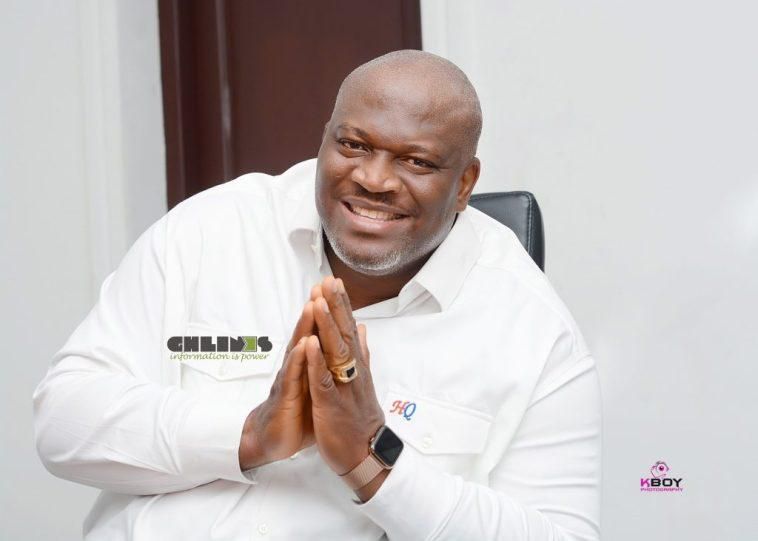
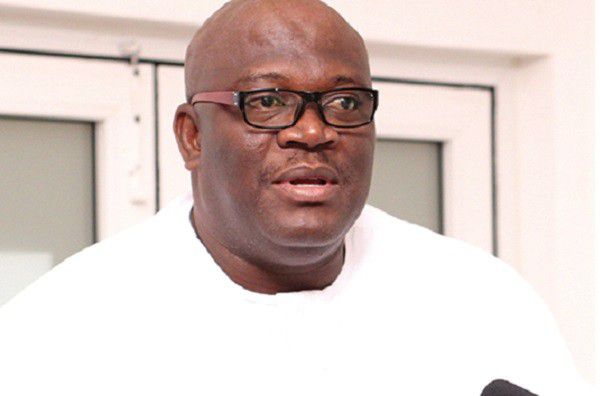
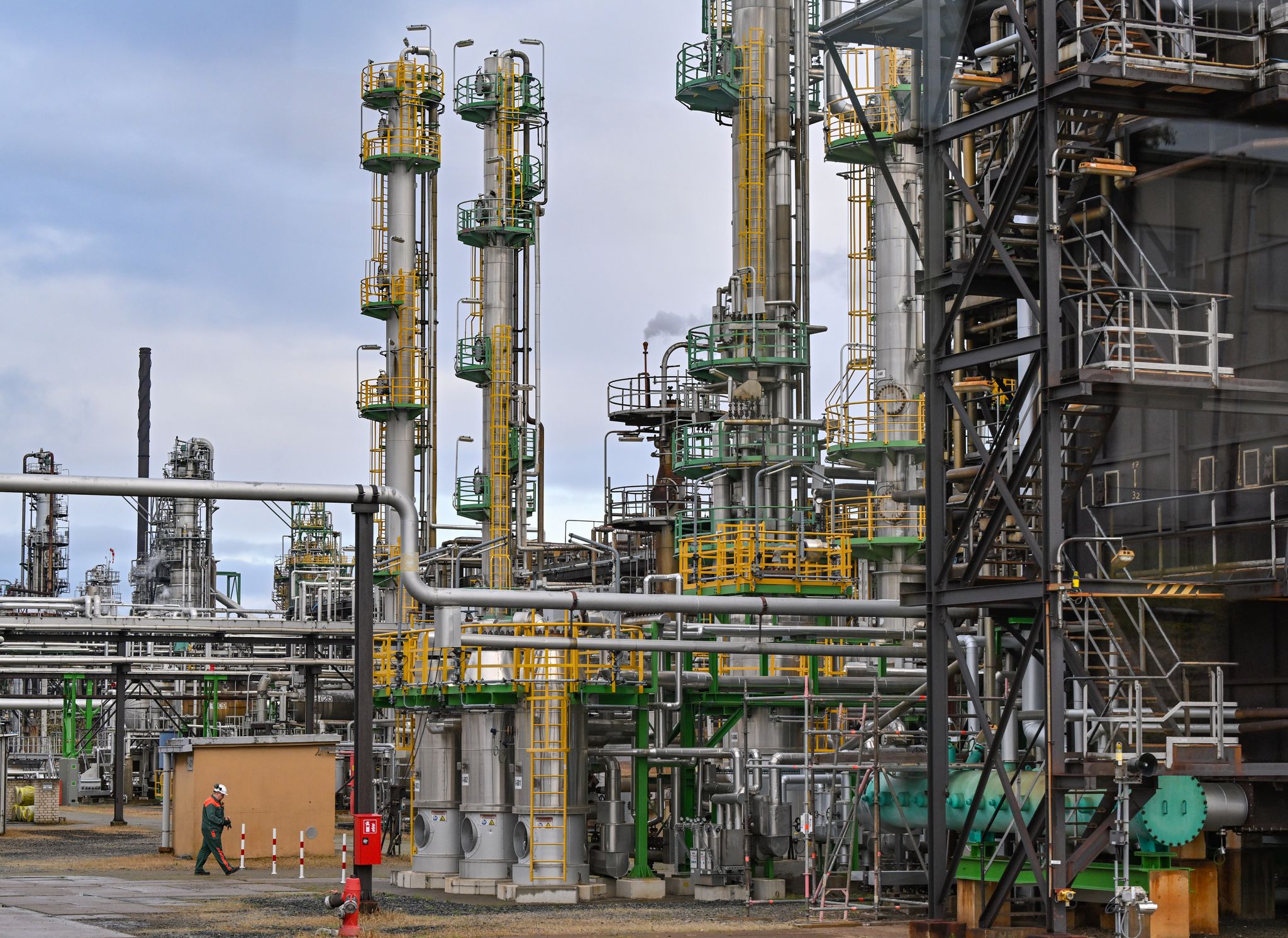
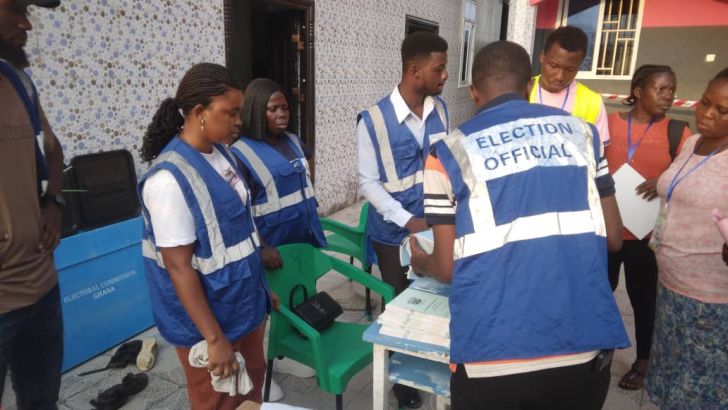

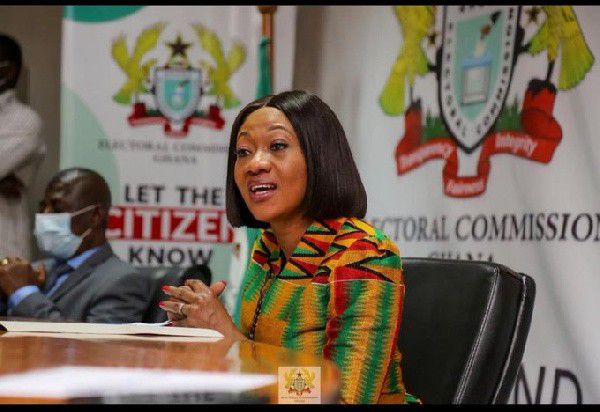

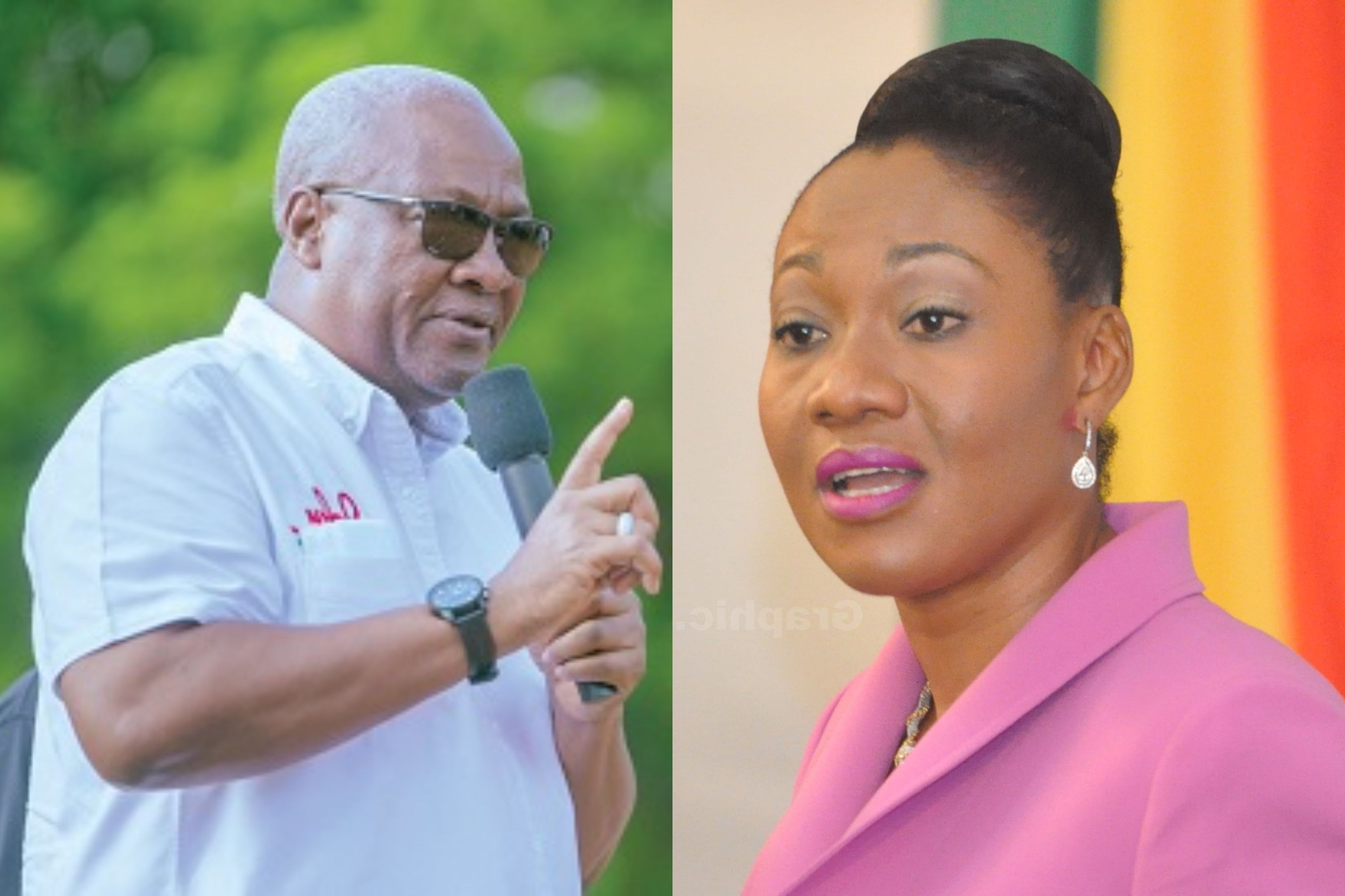
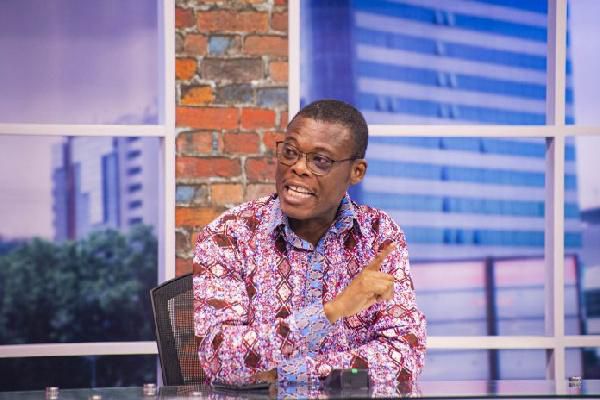
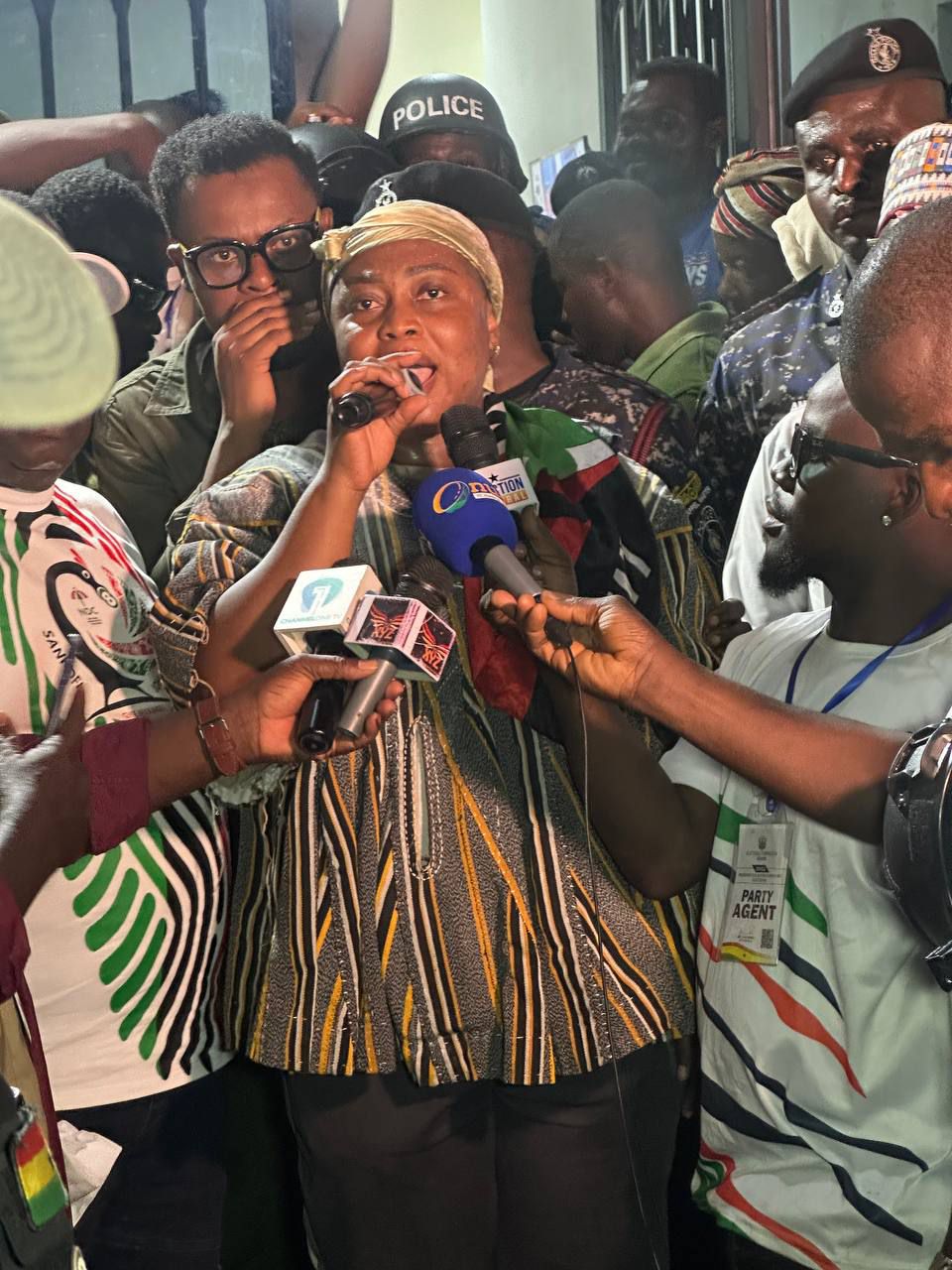



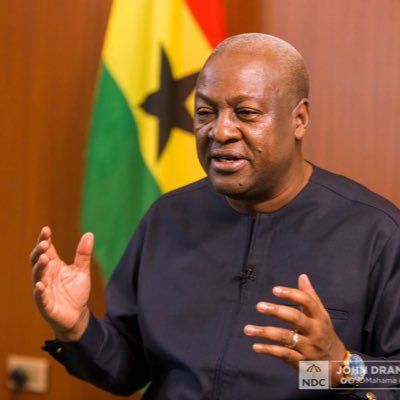
Facebook
Twitter
Pinterest
Instagram
Google+
YouTube
LinkedIn
RSS